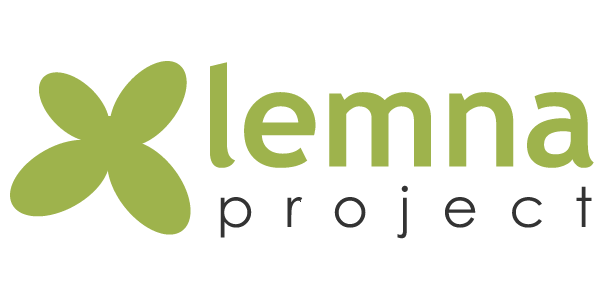

Design of a pioneer 250 m2 duckweed production prototype with a treatment capacity of 3 m3/day to be installed and operated during 21 months in a pig farm located in Castilla-LaMancha (Spain).
Efficiency of duckweed technology coupled to a biogas plant to show 95-100% nutrient (N and P) recovery efficiency rates treating anaerobically digested pig manure (liquid phase) and being more sustainable than other recovery technologies.
At least 2 duckweed strains will be selected by their high growth rate and nutrient recovery efficiency in digested manure liquid, and then validated at the full scale demonstration trials. Selection will be made among a collection of 25 duckweed strains from 3 duckweed species that are native of Europe.
New duckweed biobased products including i) a nitrogen and phosphorous rich bio fertiliser > 6% aminoacids to replace traditional products, and ii) safe, high quality and more sustainably feedstock to replace soya or other vegetable protein product in animal feed diets.
Animal protein produced at the demonstration farm in Castilla-LaMancha to show at least 20% reduction of carbon footprint in comparison with baseline scenario after introducing new digested manure treatment and using duckweed biobased products. Other improvements will be monitorised throught the project indicators, including socio-economic benefits for the local economy.
Pack of resources, methodologies and a electronic tool e-LEMNATOOL for guaranteeing after project replication in 20 EU farms, as well as wide national and EU dissemination among public/private stakeholders, project website, layman´s report, board notes, articles, seminars, etc.

E-lemna tool is the first application to analyize the economical and technical assessment of LEMNA system for a different climate conditions, and it will be a relevant resource to be used in the replication activities to be carried out after de project.